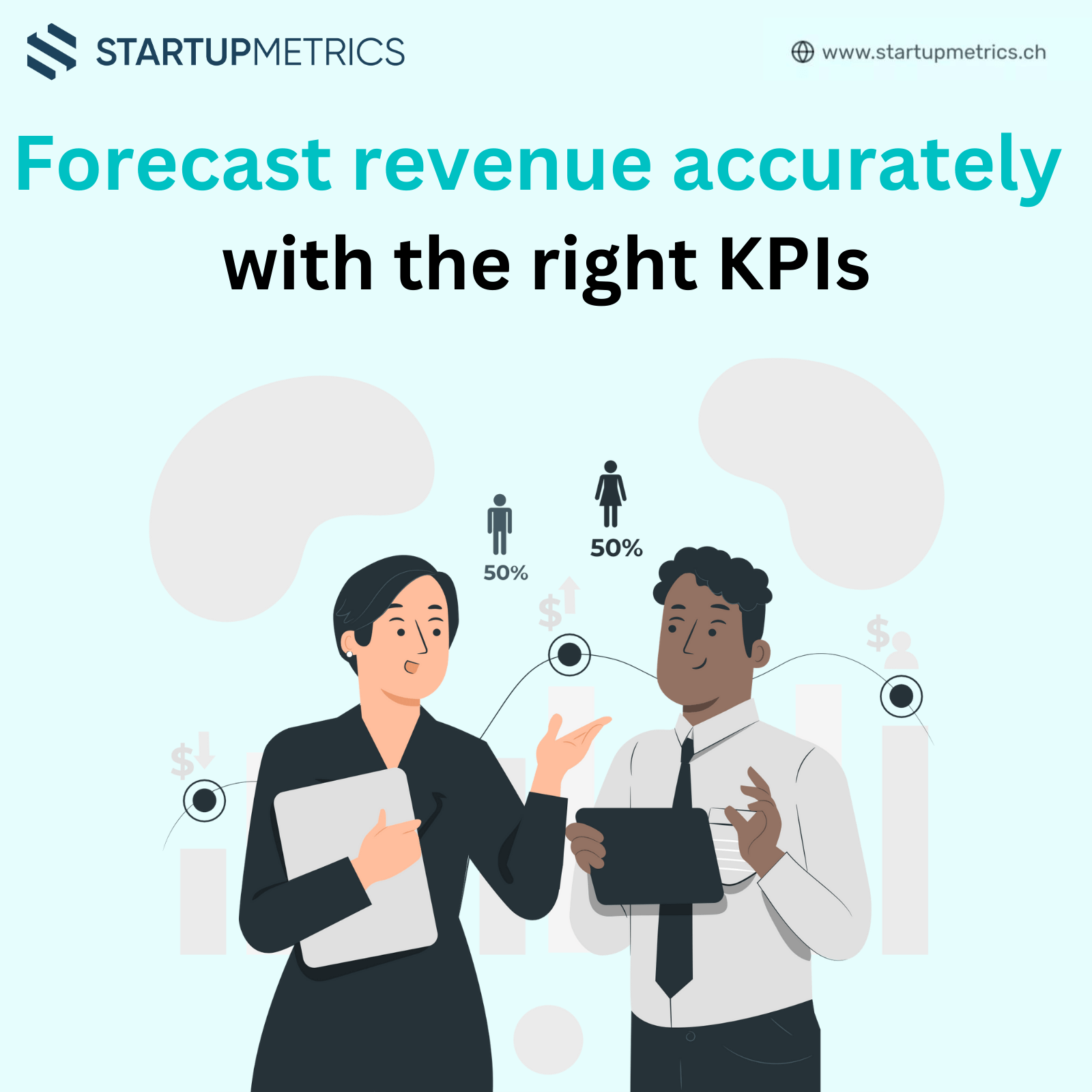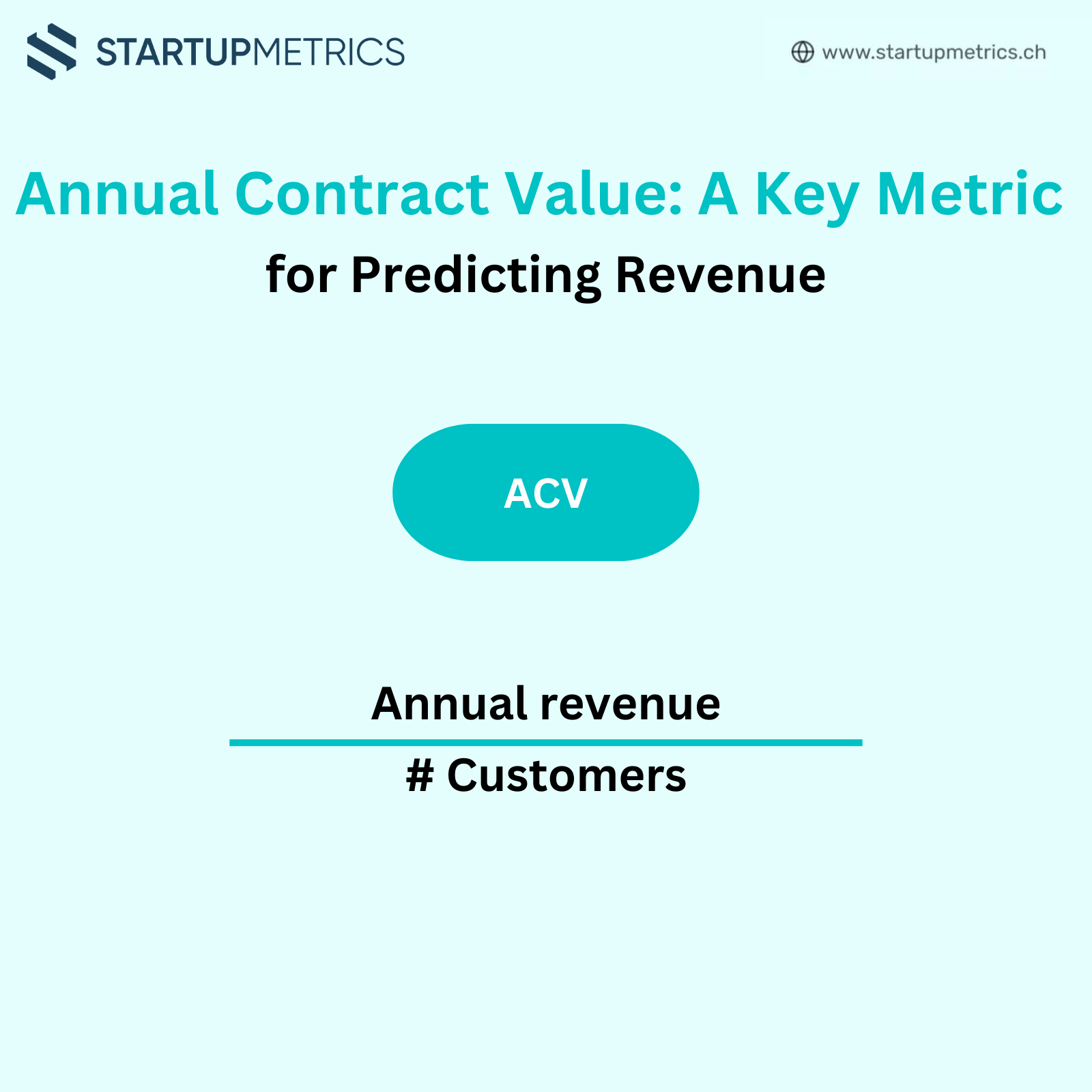How do startups benefit from business monitoring & controlling system in 2024?
26.01.2023
Economic research reveals that business monitoring and controlling systems have a positive impact on the growth of startups. Implementing these systems enables startups to reach their business objectives, hit revenue targets, grow their employee base, and secure the desired level of funding. Here’s a detailed look at how these systems provide these benefits:
Key Benefits of Business Monitoring & Controlling Systems
1. Reach Business Objectives
By tracking and monitoring the right Key Performance Indicators (KPIs), business monitoring and controlling systems help startups set clear goals and measure progress towards achieving them. This clarity ensures that every team member understands their role in reaching the company’s objectives, fostering a sense of purpose and alignment.
2. Hit Revenue Targets
Monitoring KPIs related to sales, marketing, and financial performance enables startups to identify trends and patterns that influence revenue. Regular reporting and analysis help pinpoint areas that need improvement, allowing startups to adjust their strategies and tactics in real time to meet or exceed revenue targets.
3. Grow Employee Base
A well-implemented business monitoring and controlling system provides insights into employee performance and operational efficiency. This data-driven approach helps in identifying areas where additional resources are needed and supports informed hiring decisions. As a result, startups can scale their teams effectively and sustainably.
4. Secure Funding
Investors seek startups that demonstrate clear, data-backed growth potential. A robust business monitoring and controlling system offers transparent and comprehensive performance data, making it easier to present a compelling case to investors. This transparency builds investor confidence, increasing the likelihood of securing the necessary funding for growth.
Setting the Right Incentives with KPIs
Tracking and monitoring the right KPIs sets the right incentives within your team, ensuring that everyone is working towards common goals. Key areas to focus on include:
- Financial KPIs: Monitor revenue growth, profit margins, and cash flow to ensure financial health.
- Sales and Marketing KPIs: Track lead generation, conversion rates, customer acquisition costs, and customer lifetime value.
- Operational KPIs: Measure productivity, efficiency, and quality metrics to optimize operations.
- Employee Performance KPIs: Assess employee satisfaction, retention rates, and individual performance metrics.
Periodic Reporting for Early Identification
Periodic reporting is crucial for identifying opportunities and bottlenecks early on. Regular updates provide a clear picture of what’s working and what isn’t, allowing for timely adjustments. This proactive approach helps in:
- Identifying Growth Opportunities: Spot emerging trends and market opportunities to capitalize on them quickly.
- Mitigating Risks: Detect potential issues early and implement corrective measures before they escalate.
- Enhancing Decision-Making: Provide leadership with accurate and up-to-date information for informed decision-making.
Implementing a Simple Business Monitoring & Controlling System
You can set up a simple business monitoring and controlling system by following these steps:
1. Define Clear Objectives
Establish what you aim to achieve with your monitoring system. These objectives should align with your overall business goals.
2. Select Relevant KPIs
Choose KPIs that directly impact your business objectives. Ensure these KPIs are Specific, Measurable, Achievable, Relevant, and Time-bound (SMART).
3. Implement Tracking Tools
Utilize tracking tools and software to monitor your selected KPIs. Tools like CRM systems, financial software, and project management platforms can automate data collection and reporting.
4. Establish Reporting Processes
Create a routine for periodic reporting. Weekly, monthly, or quarterly reports help maintain a regular check on performance and progress.
5. Review and Adjust
Regularly review the collected data and adjust your strategies as needed. Continuous improvement ensures that your business remains agile and responsive to changes.
Conclusion
Business monitoring and controlling systems are essential for startups aiming for sustained growth and success in 2024. By implementing these systems, startups can align their teams with key objectives, optimize operations, and make data-driven decisions that propel their business forward. Regular tracking and reporting of relevant KPIs enable startups to identify opportunities, address challenges early, and ultimately achieve their business goals.



